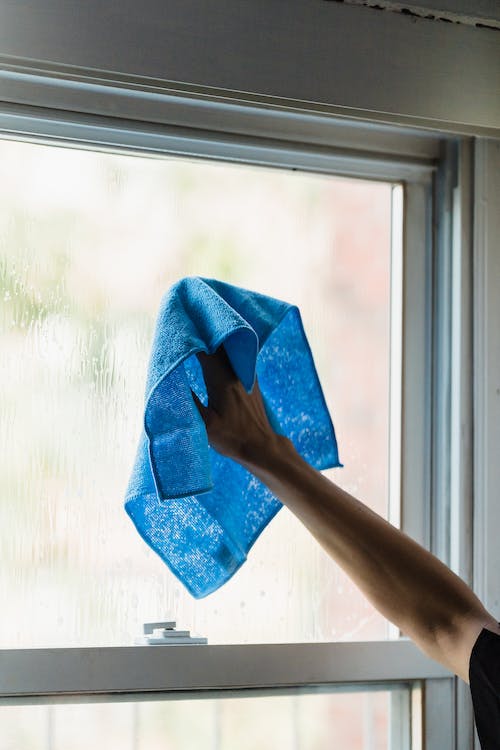Which Chemical Is Best for Cleaning Windows?
by siteadmin

Which Chemical Is Best for Cleaning Windows?
Window cleaning is an essential part of maintaining a clean home. However, many cleaning products contain harsh chemicals that can cause a film to form on windows and cause skin irritation.
Window cleaning chemicals should not irritate you or cause any long-term health problems. Here are some of the most eco-friendly and popular cleaners.
Vinegar
Vinegar is a great option if you are looking for a non-toxic, streak-free cleaner. Vinegar is great for cleaning windows. However, it can also be used as a cleaner to clean mirrors and faucets.
Vinegar can make glass shine and sparkle. Vinegar can also be used to clean and disinfect surfaces.
It can be used alone or in combination with another ingredient to get rid of dirt and grime. Baking soda can be added to vinegar-based cleaners to make them more effective.
Make your own vinegar-based cleaner by mixing one part distilled vinegar with warm water. Add a drop of liquid soap (or an essential oil) to the mixture. Spray the solution onto your glass, and then wipe it down using a microfiber cloth or paper towel.
Ammonia
Because it evaporates quickly, ammonia is great for streak-free cleaning. It can also be used on tinted windows.
Naturally occurring in the environment, ammonia is a gas of the formula NH3. It is a natural source of nitrogen for plants, and also serves as a building block to ammonium nitrate fertilizer.
It can also be hazardous to workers in the workplace. Ammonia can cause irritation to the skin, eyes, and throat.
You should only use it in small quantities for cleaning purposes. It is best to avoid working near a septic tanks. OSHA has a workplace standard. People who work with ammonia may require special training and protective equipment.
Traditional window cleaners use ammonia to clean their windows. Vinegar is a safe and non-toxic alternative to ammonia.
Lemon juice
Lemon juice is a natural and eco-friendly option to clean your windows. Lemon juice contains citric acid and is mildly disinfectant. It also leaves behind a pleasant scent.
You can also use the acid in lemon juice to remove water stains from glass. Spray the area with lemon juice and wipe it clean using a lint-free towel.
Lemon juice can also be used in the kitchen to scrub countertops and cut boards. Lemon juice can dissolve grease and dirt easily, leaving a clean surface that is free from any residue.
It can also be used as a natural cleaner for fine metal fixtures such as jewelry and silverware. Just squeeze half of a lemon onto your metals and let it sit for a while before you rinse the surface. Citric acid from the lemon will quickly remove tarnish and mineral deposits from fine metals. You can then rinse the surfaces with warm water to finish the cleaning process.
Dishwasher soap
There are many different types of dishwasher detergents. There are many types of dishwasher detergents. They come in powder, liquids, or gels. Each one contains a unique combination of ingredients that will make your dishwashing machine more efficient.
Modern dishwasher detergents can be used in high-pressure washing environments. They contain surfactants that separate water and grease from dishes. This prevents soap scum or stains from building up on your dishes' bottoms.
A range of enzymes are also available to help you break down fats, carbohydrates, and proteins. It makes it easier to get rid of them from your dishes.
Non-ionic surfactants, which lower the water's surface tension, are also ingredients that can help to break down grease. This prevents droplet spotting when drying, and is especially useful for cleaning difficult-to-reach places like shower screens or window sills.
Cape Coral Cleaning Service – Commercial Kitchen Cleaning
https://www.capecoralcleaningservice.com/commercial-kitchen-cleaning
commercial kitchen cleaning services cape coral fl
commercial kitchen cleaning cape coral
commercial kitchen cleaning cape coral fl
Which Chemical Is Best for Cleaning Windows? Window cleaning is an essential part of maintaining a clean home. However, many cleaning products contain harsh chemicals that can cause a film to form on windows and cause skin irritation. Window cleaning chemicals should not irritate you or cause any long-term health problems. Here are some of…
